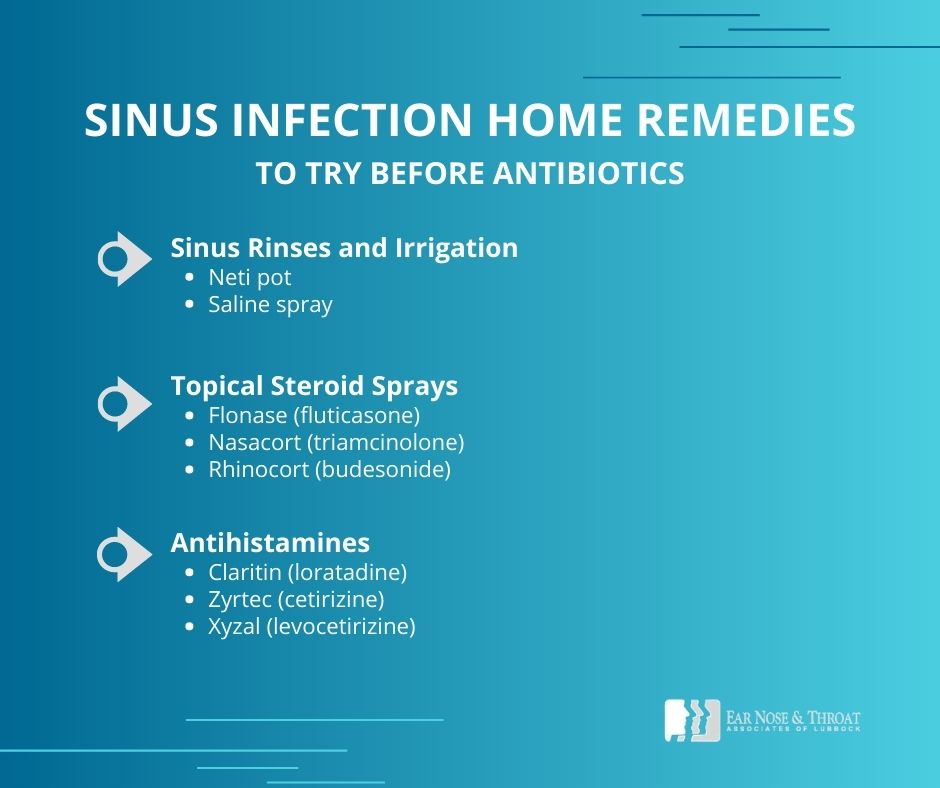Is There a “Best” Antibiotic for Sinus Infections?

We all know the frustration of a run-of-the-mill cold virus that turns into a raging sinus infection. The sinus headaches, facial pressure, and facial pain are no joke!
So what is the single best antibiotic for a sinus infection? As it turns out, the answer isn’t quite that simple.
What Is a Sinus Infection?
Your sinuses are simply air-filled pockets in your head. They lighten the skull and allow your voice to reverberate. The membranes that line the sinuses also produce mucus to lubricate the inside of the nose.
Your sinuses are connected to your nose by small drainage tubes called ostia. Ostia allow mucus to flow from the sinuses into the nose and air to flow up through the nose into the sinuses.
Ostia can become blocked by inflammation due to a cold, the flu, or allergies, preventing mucus from flowing out of the sinuses into the nose. Instead, the mucus backs up and accumulates in the sinuses, causing the pressure and pain sufferers know so well.
Many sinus infections start off as cold or flu viruses, which means antibiotics — which only fight bacteria — can’t do anything to help them. These sinus infections can get better on their own or with alternative treatments, especially once the source of the sinus blockage clears up.
That said, sinus infections provide a perfect breeding ground for bacteria, so if the blockage lingers, the infection can become bacterial. This may involve yellow or green mucus, further pain and pressure, and even an unpleasant odor. A bacterial sinus infection can require antibiotics to resolve.
Other Options To Consider Before Antibiotics
Antibiotics are one of the most important advances in modern medicine, but it’s best not to use them if you don’t need to. For sinus infections, whether viral or bacterial, there are several effective over-the-counter remedies you can try at home before turning to antibiotics.
Sinus Rinses and Irrigation
In many cases, sinus irrigation is a very effective treatment for sinus infections. One method is to simply rinse out your nose and sinuses with a neti pot or other irrigation system using a saline solution. You can buy saline solution over the counter or mix your own at home with distilled water.
Alternatively, you can buy bottles of saline solution made to spray directly into your nose from most pharmacies and grocery stores.
Sinus rinses work by flushing mucus out of the nose and sinuses to help things flow freely. Saline also has a natural decongestant effect, shrinking swollen nasal tissues and opening up nasal passages.
We recommend using sinus irrigation once or twice per day as tolerated.
Topical Steroid Sprays
Topical steroid sprays work to reduce inflammation in the nasal lining. These over-the-counter medications are a great complement to saline nasal sprays and irrigations. Side effects are minimal, especially when used short term.
Flonase, Nasacort, and Rhinocort are the most common over-the-counter name brands. But their generic counterparts — fluticasone, triamcinolone, and budesonide — are just as effective and usually much less expensive.
The main problem with topical steroid sprays is that they can take time to become effective. So while they can be helpful when treating a lingering sinus infection, they’re not as effective at relieving more severe acute sinus infection symptoms.
Antihistamines
Antihistamines block receptor cells for histamine, a chemical that the body produces in response to allergens and that causes inflammation. If your sinus infection originated because of a nasal blockage due to allergy inflammation, treating this underlying cause may help open the sinuses and lead to healing.
We recommend only taking antihistamines on a short-term or as-needed basis because they tend to cause severe drying. Long-term use can lead to bloody noses and can even make you more susceptible to future sinus infections.
We prefer non-drowsy antihistamines such as Claritin, Zyrtec, and Xyzal so you can stay alert. Be sure to look for their generic counterparts — loratadine, cetirizine, and levocetirizine — for effective, cheaper options.

The Best Antibiotic for a Sinus Infection
If you’ve tried the home remedies mentioned above and are still fighting a sinus infection, it’s time to see your doctor. You may have a bacterial infection, and only a doctor can prescribe you the best antibiotic for your specific sinus infection.
Why There Is No Single “Best” Antibiotic for a Sinus Infection
Different antibiotics target different types of bacteria in the body. The specific type of bacteria causing your sinus infection will react to a specific antibiotic, but you may need to try several of them before your doctor finds one that’s effective.
Most doctors will start by prescribing a first-line antibiotic for 10–14 days. This antibiotic broadly targets the most common types of bacteria in the nose and throat that cause sinus infections.
If you have a true chronic sinus infection, you may require 4–6 straight weeks of antibiotic use.
Sometimes bacteria can form a film to protect themselves, in which case doctors can wash the sinuses with an antibiotic rinse. Other times, your physician may want to culture the bacteria causing your infection to determine exactly what you’re dealing with. Then they can prescribe an antibiotic specific to the bacteria causing your sinus infection.
There are hundreds of possible antibiotics to use for a sinus infection. Only a doctor can determine the best antibiotic to use for your sinus infection based on your specific case.
How Many Sinus Infections Is Too Many?
It’s difficult to say exactly how many sinus infections per year is “too many.” Of course, you should consult with your healthcare provider, but it’s best to consult an ENT specialist if you’re dealing with more than two sinus infections per year. An ENT specialist can discover what’s causing your ongoing sinus struggles and help you figure out what to do about them.
Dr. Cuthbertson is a physician at Ear Nose & Throat Associates of Lubbock. He joined the team at ENT Lubbock from Houston, where he was chief resident of the prestigious Bobby R. Alford Department of Otolaryngology at Baylor College of Medicine. He is board certified in Otolaryngology and Head & Neck Surgery and has quickly built a reputation, not only as an extremely skilled surgeon, but as an approachable and compassionate clinician adept in the newest standards and technologies. Learn more about Dr. Cuthbertson.
Categories:








